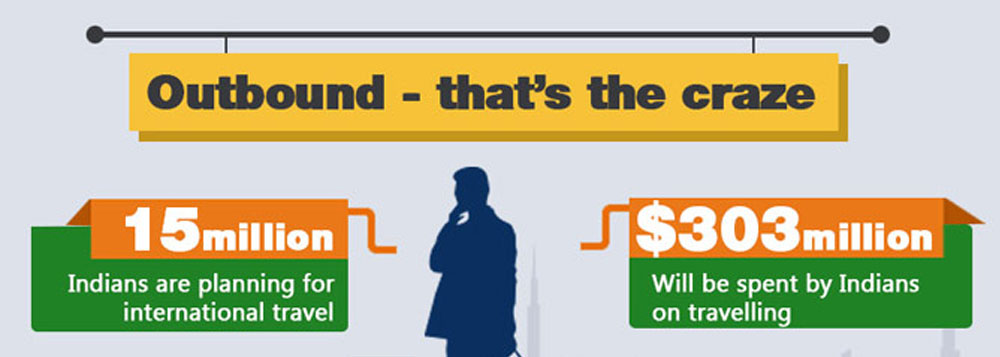The world of hospitality and travel has entered a new era of growth and transformation. Global business travel spending hit a record-breaking $1.2 trillion in 2015, up by five percent from the previous year. Healthy booking growth is forecasted to continue across the leisure and business fronts in 2017, but the spoils are not guaranteed to travel’s biggest or most-well-known brands. Here I find three most prominent things hotels SHOULD NOT ignore in 2017 –
Revenue Management Systems
RMS’s are getting stronger day-by-day. The data sets are increasing every day. As the primary job of RMS is to forecast the future rates and for this they need past and current data. RMS companies get data from different sources and different places and based on that they do forecasting of future rates. At present the cost of data storage is low and processing has increased. As the amount of data is increasing day by day, hence they are getting more clear insights of hotel’s revenue management and forecasting is becoming more accurate and precise. This is also one of the major reasons why the demand for RMSs has gone up. Almost all the big properties are using a Revenue Management system or rate recommendation tool today.
Social Media
Your hotel needs social networks because it’s a unique opportunity to stand out of the crowd of big chains, and achieve a greater number of followers. The number of hotels that are on Facebook and Twitter is growing every day; this is why you must join these platforms to compete with your rivals.
The challenge for hoteliers lies in how to influence their customers to share positive reviews on social networks and convert potential prospects into future guests.
Things have changed over the last ten years – today we are in an era of ‘now’. Consumers have evolved and become smarter – always connected to the Internet, everywhere. With the emergence of modern technologies and social networking, consumer taste and behavior have been changing and they have become very powerful. Consumers are taking decisions and dictating the reputation of an establishment.
With the advent of smartphones and mobile devices, consumers have easy access to platform through which they can make or break a hotel’s reputation through their comments and reviews. Today’s consumers are expert in communication – they are a content generator reaching millions of people through their social profiles on Facebook, Twitter, Blog etc.
Reviews
Now-a-days all potential buyers routinely sort through search results by customer reviews and star ratings before making a final buying decision. Things work in a similar manner in the hospitality industry. A recent research shows that more than 61% of vacationers now trust online reviews.
In another survey, 79% of hotel customers said that a good response to a bad review reassures them whereas, 78% of hotel customers said that a good response to a good review makes them think highly of the hotel.
Following things hotelier should do to manage their hotel reviews:– Maintain Active Presence on Review Sites: Set your accounts on various review sites, such as Yelp, BBB, City Search, Angie’s List, etc.
– Create a Detailed Listing: Hotelier should make themselves available over different platform and should select their descriptive categories carefully.
– Go on Social Media: Be on Twitter, Facebook, and other social media channels without being reluctant to encourage people to follow you on Yelp, TripAdvisor, or other review channels.
– Ask for review during Checkout: Be responsive during guest checkout and learn about what your guests feel about your hotel service when their memories are still fresh. If you receive a ‘yes’, encourage them to write about you to help future customers.
– Make the process Easy: Simplify the process of leaving a review or feedback.
Internet and social media has empowered the consumers with information and changed their purchasing behavior. If earlier they consulted their friends and relatives, today they have millions to consult and take suggestions from.
More than 90 percent of questions posted to TripAdvisor’s English-speaking forums are replied to by other travelers within 24 hours. Facebook has over 500 million active users, and TripAdvisor receives over 50 million unique visitors every month.
As we move towards the age of consumer controlled brand conversations, hotels need to integrate customer feedback into their business approach and strategy planning. Ignoring the power of social media would be suicidal for hotels.



